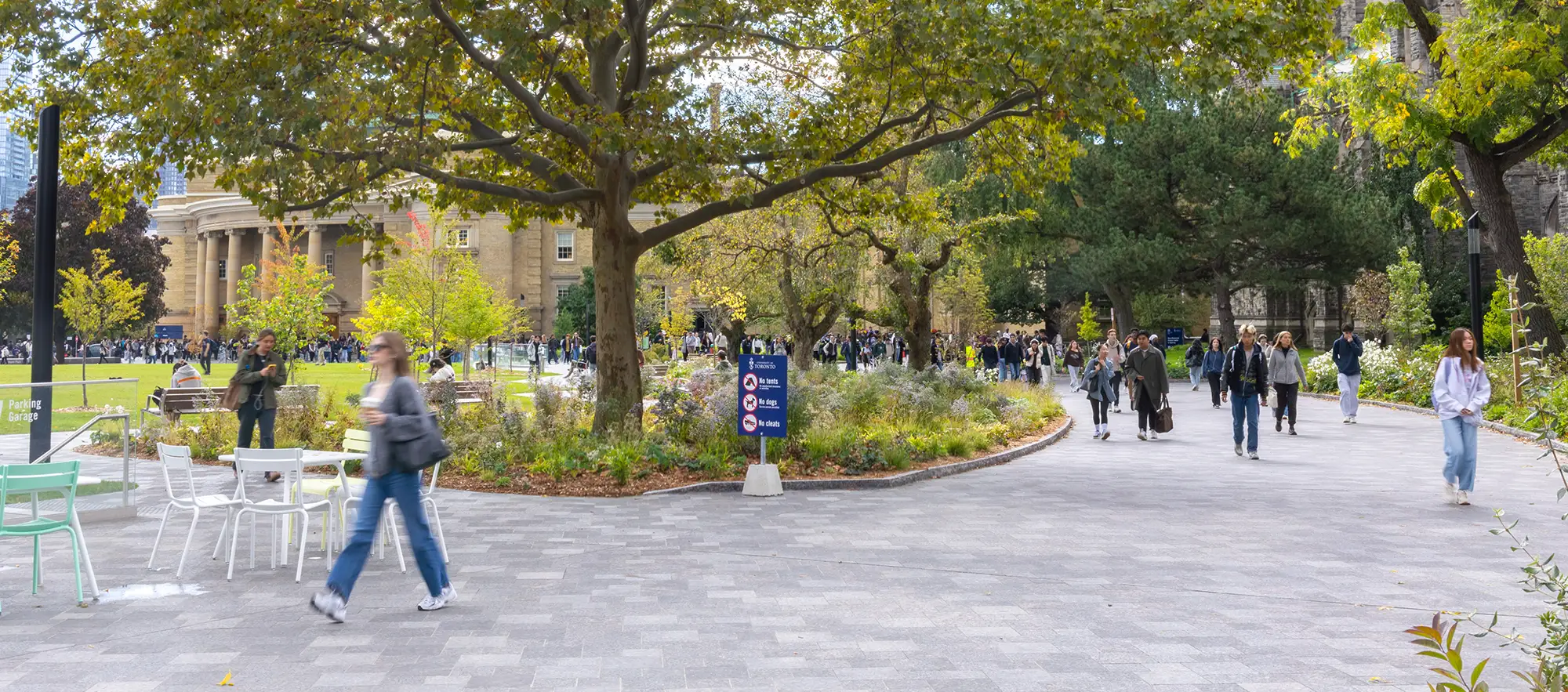This two-year LEAF-funded initiative integrates robust mental health, accessibility, community-building, and academic peer support directly into English A02—a large, multi-section, first-year writing course that serves as a prerequisite for further English studies. Most students enrolled in the course are not English majors, making it a critical transition point for learners with diverse academic backgrounds.
Prompted by rising student requests for accommodations and the findings of the 2018 U of T report on student mental health, the project builds on the success of a smaller 2021–2022 Peer Support initiative. It also draws on research that shows student well-being and academic success are interconnected, particularly when students feel socially connected, supported in their learning, and equipped to manage their mental health.
Through academic peer consultants embedded in nearly all sections of English A02, the project:
- Emphasizes that writing is a craft that can be learned and refined
- Supports students in developing study skills and academic confidence
- Creates a space of normalcy, support, and hope around mental health, disability and well-being
- Fosters community and belonging among first-year students
- Helps students stay motivated both in English A02 and in their broader university experience
- Encourages ongoing, tri-campus dialogue among students, faculty, and staff on holistic approaches to mental health and accessibility in the classroom
Outcomes
The project has yielded both cultural and practical outcomes within the English A02 course and beyond. These include:
-
A noticeable rise in student motivation and classroom energy, attributed in part to the personal insights and strategies shared by peer consultants.
-
Higher retention rates and record-breaking enrollment in Winter 2024—the highest in 15 years of the course’s current format. While it is too early to confirm a direct cause, the peer support model is exceeding expectations.
-
The development of reusable pedagogical resources, including:
-
A Peer Consultant Training Manual
-
Writing-focused slide decks for classroom use
-
An annotated bibliography of academic sources to support future instructors and peer mentors
Together, these outcomes point to a scalable model for integrating student support into large foundational courses—one that enhances both learning and well-being through community, accessibility, and skill-building.

